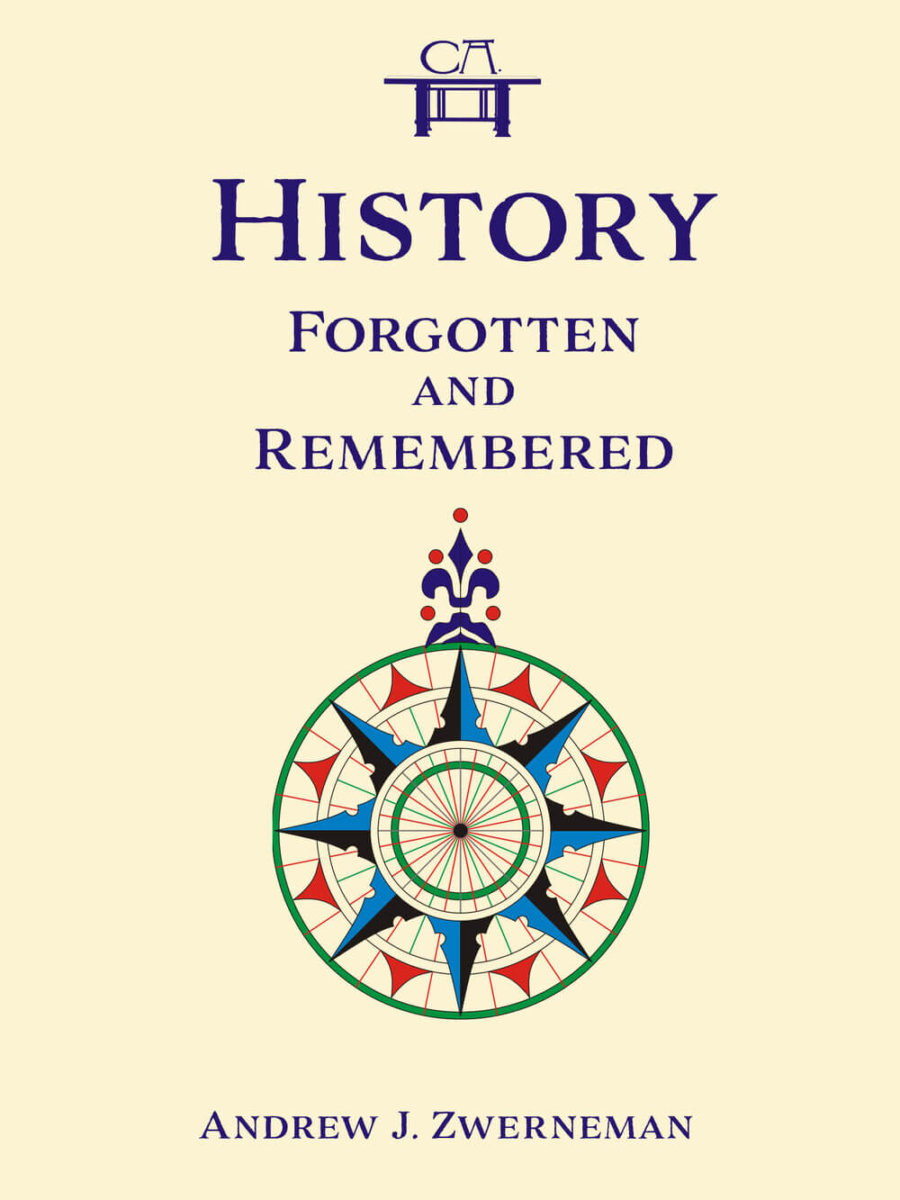History: Forgotten and Remembered

History: Forgotten and Remembered. Andrew J. Zwerneman. Falls Church, VA: Cana Academy, 2020.
History: Forgotten and Remembered is a small and delightful book about how to think and teach history. Zwerneman advocates for a liberal arts approach in the study of history where students learn to embrace our responsibility for each other and sympathize rather than judge those who came before us. While historical events are singular and unrepeatable, they both exist in and beyond their times, acting as a reservoir of practical wisdom to guide us in here and now and inspire us to look towards the future and change our present circumstances.
When we study history, we are observing others and, in turn, they are influencing us. The memory of others in the past shape our present understanding of events and those memories which we hold together in common shape us as a people. It also calls upon us to a sense of responsibility to not forget the past and the misdeeds and evil that people have done before.
One of the most interesting chapters in the book is explaining history as narrative with narrative defined as 1) having a beginning, middle, and end; 2) a focus on extraordinary events; and 3) the main focus tends to be politics. Narrative historians build their works with data, images, structural analysis, and individual and group narratives. Unfortunately this type of history is under attack where events are isolated out of context and individuals are condemned for not being more like people in the present. Howard Zinn’s The People’s History of the United States is such an example where people are placed into groups and are locked in a constant and continual struggle against each other.
Another objection to narrative history is the belief that history is nothing more than what humans have done on their own. These critics reject narrative history’s openness to the full range of sources that run through a society, including experiences where we discover who are from beyond ourselves. Perhaps the best example of this type of history is Marxist where students are prohibited from questioning its premises of dialectical materialism.
This “fragmentary history” is contrary to the liberal arts approach which believes that humans are in the search of order, a genuine discovery that reveals our common humanity in the historical conditions which we all share. As the book quotes Voegelin, “no one is obliged to take part in the spiritual crises of society; on the contrary, everyone is obliged to avoid the folly and live his life in order.”
History ultimately for Zwerneman is a form of hope, a hope founded on some preexisting good. While change in history is a given, neither inherently good nor bad, humans should seek to improve the order of society on what already is good and, by its inherent goodness, provide a lasting object of hope for future generations. History: Forgotten and Remembered reminds us of these important insights and show us a way to remember history that is more lasting and more hopeful than what is commonly taught today.




